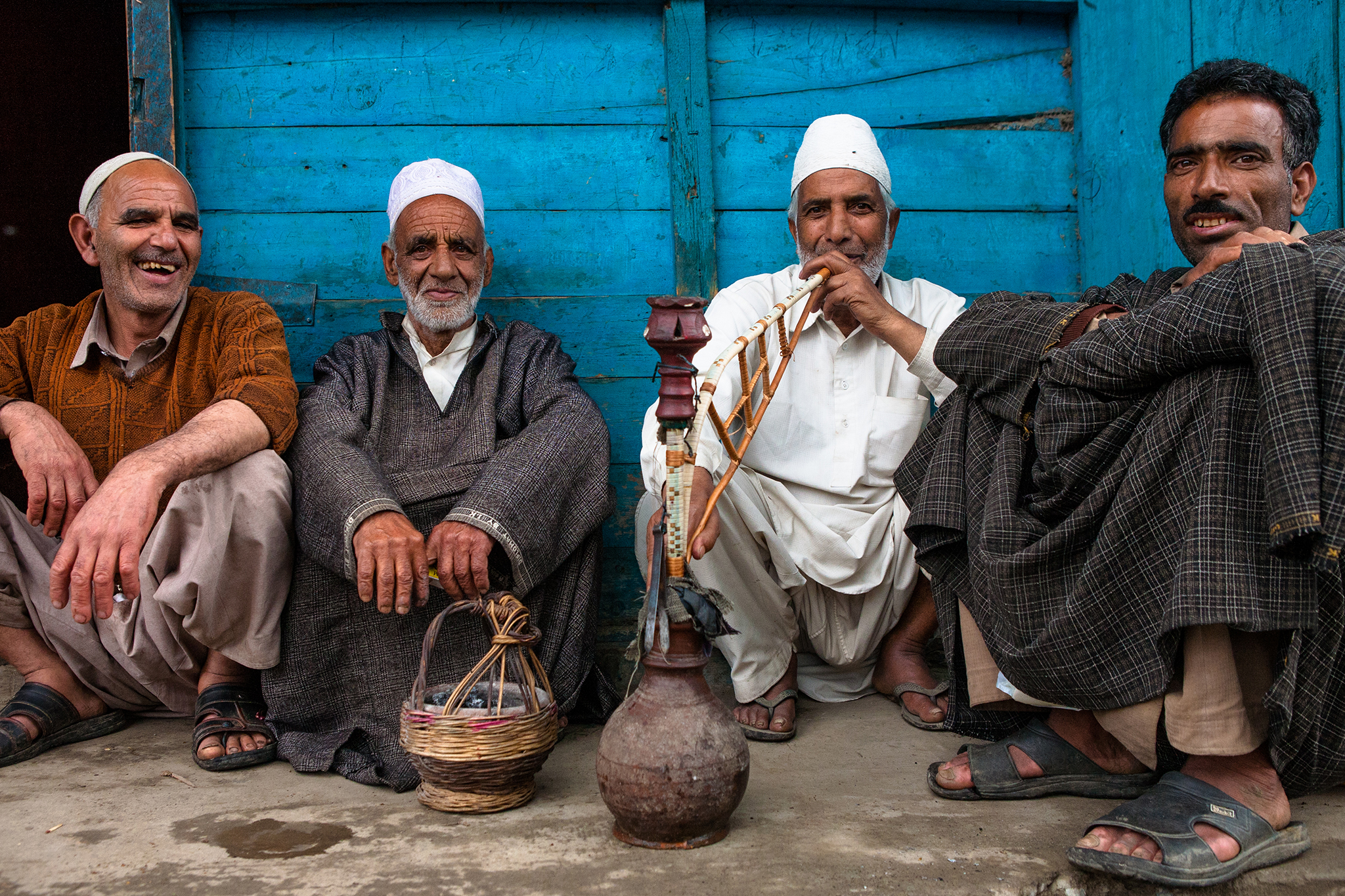 Union Health Minister, Dr. Harsh Vardhan while addressing the WHO Global TB program on ‘Global Drive to Scale-up TB Prevention’ announced that Budgam district in Jammu & Kashmir became the first district in India to be free of TB.
Union Health Minister, Dr. Harsh Vardhan while addressing the WHO Global TB program on ‘Global Drive to Scale-up TB Prevention’ announced that Budgam district in Jammu & Kashmir became the first district in India to be free of TB.
“I am proud to announce in this forum that the Union Territory of Lakshadweep and the District of Budgam in Jammu & Kashmir have been certified as the 1st TB Free Union Territory and 1st TB Free District in the country in 2020,” the Union Minister said.
Dr. Adhfar Yasien, District TB Officer, District Tuberculosis Centre (DTC), Budgam spoke to the agencies on how the district achieved this feat. She stressed the importance of screening and information dissemination at the right time, which acted in favor of the district.
First TB free district
India is committed to ending tuberculosis (TB) by 2025, five years ahead of the Sustainable Development Goal (SDG) target of 2030. To achieve the target, an initiative to mark the progress of districts/States/UTs towards TB-free status was instituted in 2020 under the sub-national certification of States and Districts.
Under the said initiative, Budgam district in J&K has been certified as the first district in the country to be free from tuberculosis. To be awarded a certificate, the district/State or UT must register a reduction in TB cases by 80% or more.
Regular screening of patients
Dr. Adhfar Yasien told agencies that the staff of DTC Budgam conducted door-to-door surveys. Under the second phase of TB-free Nigam, the population was screened for active cases. Moreover, they had also put in place a plan to screen workers coming to the block/district from outside regularly. Not just this, they even screened their entire household.
Similarly, in orphanages, when there was a new admission, they were screened for TB. Every 6 to 8 months, they screened children at the orphanages.
According to Dr. Yasien, they diagnosed and kept the patients on their radar for 2 years and followed up on their post-treatment retrospectively. This helped in breaking the chain of transmission as the patients were identified and treated at an early stage.
Dissemination of information
Another important tool that the DTC followed was information dissemination. “Dissemination of information to the grass-root level is important for everyone to know the importance of getting treated at the right time, for the proper period and with proper, standardized regimens as this will lead to breaking the chain of transmission and elimination of the disease by 2025,” said Dr.Yasien on why adequate information needs to travel to required people.
Awareness campaign
The staff of DTC, Budgam often organized awareness campaigns and integrate awareness programs with educational activities to aware people, and youths regarding tuberculosis. They took awareness activities to schools and educational institutions. On World Tuberculosis Day, the DTC staff sensitized the students about TB and its control.
Further, they also organized interactive meetings with patients to clarify their doubts regarding the treatment and to provide basic information about the disease, the importance of completing the treatment, side effects of drugs and how to manage it, and more.
Training programs
To strengthen the National Tuberculosis Elimination Program (NTEP) activities at the ground level, DTC Budgam, regularly organized detailed discussions with medical officers about NTEP, stressed upon increasing TB suspects referral, prompt recording, and reporting of data, following TB covid bidirectional screening. The concerned staff was also asked to accelerate the activities for achieving the aim of TB elimination by 2025. The National Tuberculosis Elimination Program (NTEP) is the public health initiative of the Government of India that works towards eliminating TB in India.
Further, they also conducted monthly review meetings, training on NTEP of all MLHP’s from all blocks of Budgam district.
Public-private mix
Dr. Adhfar Yasien told agencies that they went for a public-private mix and asked private institutions, chemists, etc to notify the government if they were treating any TB patient. If they failed to do so, their license is liable for revocation. It was soon observed that after information started coming in, there was a significant reduction in the number of cases.
“We have involved all the private players in the district in the program ranging from private practitioners to private Chemists. We have an ongoing process of sensitization of all the categories of staff in the public as well as private players. We also gave the private players incentives under Nikshay Poshan Yojna which has encouraged them to notify patients, thereby cutting the chain of transmission,” she said.
Monetary benefit
To encourage people to get themselves tested and diagnosed, Rs 500 is given per month to patients on treatment under Nikshay Poshan Yojna scheme of Government of India, which directly goes as ‘Direct Benefit’ into the bank account of patients. This direct benefit is provided to both, public and private patients.



